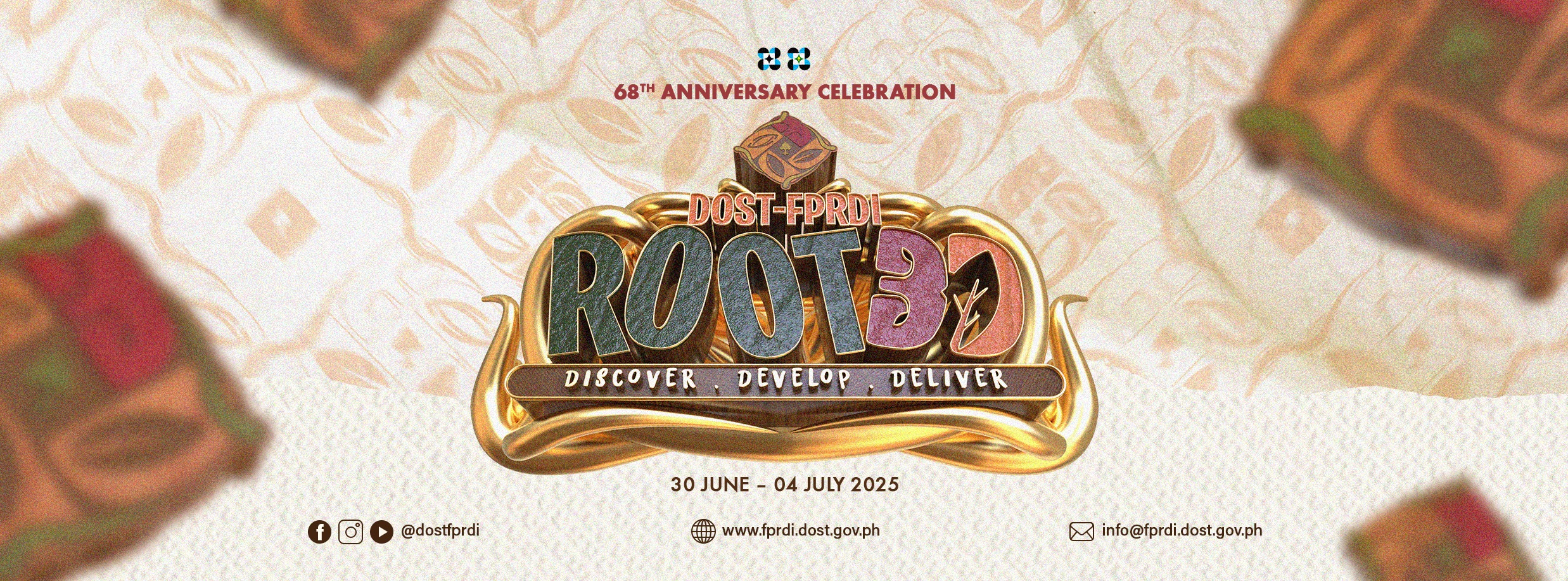
Gubat Obra: Forest-Based Creative Products S&T Program
Creative industries are “industries which have their origin in individual creativity, skill and talent which have a potential for wealth and job creation through the generation and exploitation of intellectual property” (DCMS, 2001).
The Philippine government has been seeing creative industries as a key driver for inclusive growth and competitiveness across the country. This is due to the vast potential of this sector.
Globally, creative industries recorded USD 2.3 trillion in revenues in 2013 (Cultural Times, 2015). In the Philippines, they contributed PhP 661 billion or 7.34% of the Gross Domestic Product (GDP) and 560, 665 in employment in 2010 (IPOPHIL, 2014). In the 2015 United Nations Creative Economy Report, the Philippines’ creative exports stood at USD4.1 billion or an equivalent to 2% total market share in the whole Asia Pacific.
According to Fleming (undated), the “continuous growth of the sector is expected for those countries with access to large markets, strong global connections, distinctive and productive cultural sectors and rapid digitalization, which is the case of the Philippines”. Furniture and handicrafts, jewelry, musical instruments, wood carving are just some of the creative industries that come from forest-based and related raw materials. According to Tolentino (undated) as cited by Fleming “The Philippines appears to be globally competitive in the handicrafts and cultural segments.” DOST-FPRDI plays an important role in positioning the furniture and handicrafts subsectors as a key player in the creative industries.
Furniture and handicraft. The Philippines is known as the “Milan of Asia”. Furniture and handicrafts exported from the Philippines are known for their exquisite designs and excellent craftsmanship. For over 50 years now, DOST-FPRDI developed technologies have helped forest-based furniture and handicrafts enterprises improve the quality of their raw materials and finished products.
Bamboo Musical Instruments. Bamboo Musical Instruments (BMI) are an inherent part of Philippine culture and can be found in Luzon, Visayas and Mindanao. BMI playing is now included in the Dep-Ed’s K-12 curriculum. DOST-FPRDI’s extensive knowledge on bamboo processing could help improve the quality of locally made BMIs, and making them more competitive in Asia.
Wood carving. Wood carving is a pre-colonial tradition in the Philippines and the craftsmen of Ifugao, Tagbanwa, Maranao and Paete are among our top local carvers (Rogacion, 2015). Given the nationwide logging ban, DOST-FPRDI can help this sector by providing information on alternative wood species for carving.









